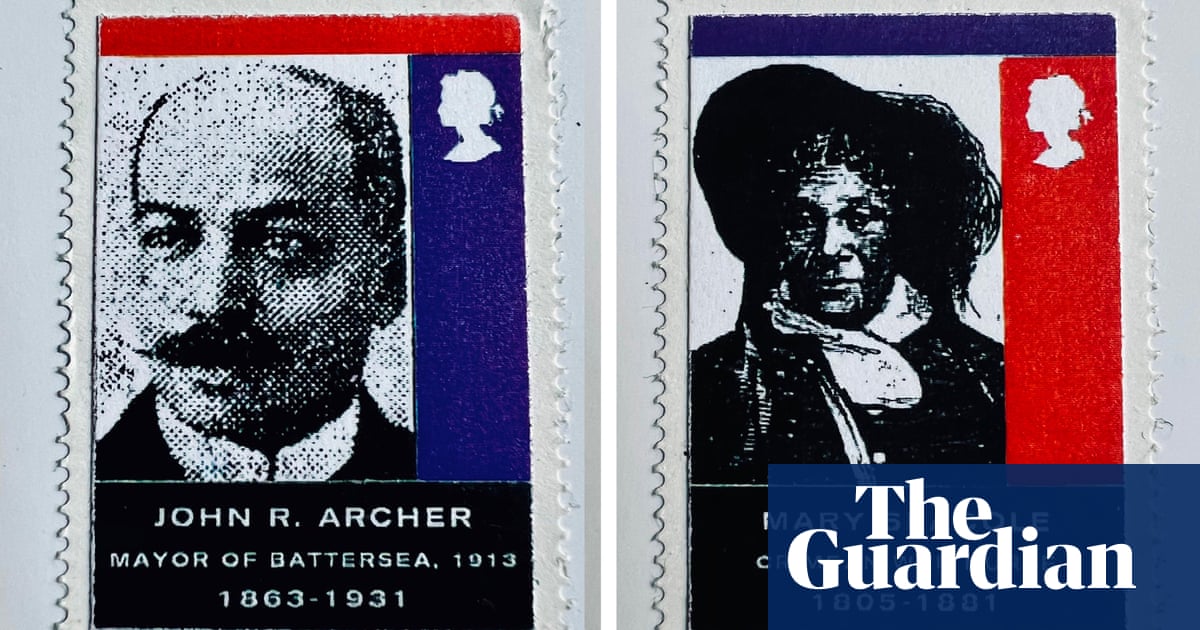
Halfords, Britain’s biggest bicycle and motoring parts retailer, has been a beneficiary of lockdown as the country got on its bike and used its car to take domestic holidays.
On Thursday the company expects to report a surge in pre-tax profits to between £90m to £100m for the year to April, beating analysts’ £70m estimates. Its profits were just under £56m last year and £59m in 2019.
And the trends that have boosted sales at Halfords over the past 12 months are set to continue. With ongoing uncertainty about travel abroad, many people will be holidaying in the UK again this summer. This will boost demand for bikes and accessories, but also for car parts as families choose to drive to a British holiday destination.
Younger people in particular have caught the cycling bug, with half of 18- to 29-year-olds intending to cycle more, according to a survey of 500 people by RBC Capital Markets. This compares with 40% of all adults who say they want to be fitter and healthier. More people have taken up cycling as a hobby over the past year, as lockdowns left roads temporarily deserted, and many are also commuting to work by bike – or planning to – to avoid public transport.
Halfords is in the lucky position of having a foot in both the bicycle and the motoring parts markets, with has a 20%-25% share of each, which together total £5.5bn.
Electric bikes and scooters have been its biggest sellers in the past 12 months, and e-bikes tend to be three times the price of normal bikes. The higher-end bicycle retailer Tredz posted 60% growth in like-for-like sales during the last Covid lockdown – in the first seven weeks of 2021 – and sales of traditional kids’ and adult bikes were also strong, up 43%.
Halfords’ garage and mobile van servicing business also performed well, despite a 40% drop in car travel compared with pre-pandemic levels, as people got their cars serviced before the reopening of shops, bars, restaurants and cultural venues.
Most bicycle retailers have had to cope with long waiting lists for some machines. Halfords, which imports its bikes from Europe and Asia, has had trouble keeping up with soaring demand during the pandemic.
It faces mounting online competition for sales from the likes of Amazon, fitness equipment retailer Wiggle and online spares distributor Euro Car Parts, and has decided to shift its focus to services in the long run. Halfords now runs 404 stores and 374 autocentres: it has closed about 70 sites in recent months and sold half of its 22 loss-making Cycle Republic stores. It has expanded to 143 its fleet of mobile vans – which drive to people’s homes to service their cars – and has been hiring technicians, MOT testers and drivers.
The company sees a lucrative opportunity in servicing electric cars, bikes and scooters, and has embarked on a major training programme for its mechanics. At the moment, a quarter of its garages have technicians qualified in electric vehicles.
It also has a chance to shine in the £9bn car servicing and aftercare market, of which it currently has a 2% share, according to RBC.
“We see an opportunity in this market from the growth in electric vehicles, given that Halfords will probably be able to invest in the training required to service electric vehicles, whereas this may prove too costly for smaller garages.”
With growing online competition, Halfords may not have much choice.












